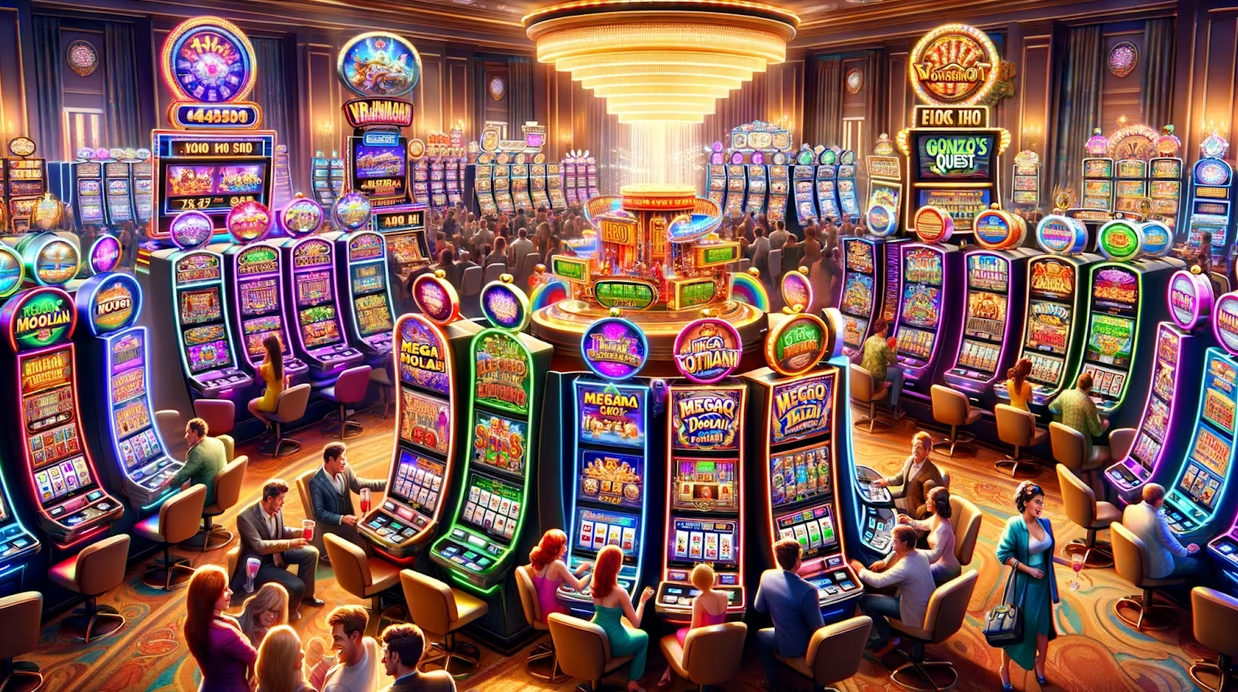
Casinos evoke images of excitement, glamour and risk-taking; thus establishing themselves as an essential component of popular culture.
Gambling plays an integral part of literature and film, whether to enhance social status or build unhealthy habits that can become risky. No matter its purpose, gambling remains an integral component of literature and film.
Adaptations of gambling-related literature
Successful adaptation of gambling-related literature into film requires striking the appropriate balance among storytelling, cinematography and set design. Capturing psychological depth and atmospheric tension of these tales may prove challenging – however many films have been produced successfully that adapt gambling-themed books into movies with compelling narratives and unforgettable characters that continue to captivate audiences today.
These movies have not only showcased the glamour and excitement of casinos, but also highlighted its darker consequences – from addiction to its impact on society as a whole. By raising awareness of its risks and changing people’s perception of this activity.
Movies such as “Rounders” and “Casino Royale” have captured the excitement and drama of high-stakes gambling, while others like 1996 film starring Philip Baker Hall and John C. Reilly depict more serious aspects of casino life; such as one scene where an experienced gambler assists a newcomer through Las Vegas casino gambling.
Filmmakers have also explored the intricacies of various casino games such as blackjack and poker. Martin Scorsese’s award-winning film “Casino” showed complex strategic maneuvers used during blackjack play as well as its intriguing history (mysterious origins and infamous practitioners). This movie inspired an entire generation to perfect their skills at playing casino tables.
Films about high-stakes poker
Rounders is one of the first films to bring poker onto the big screen and has left an impactful legacy among poker enthusiasts. Starring Matt Damon and Edward Norton, this timeless classic portrays all of its complex high-stakes poker action as well as its strategic depth. Plus, its psychological warfare at the table can serve as an invaluable learning experience – so make sure any poker fan watches it! It’s definitely not one to miss!
Maverick, starring Mel Gibson and Jodie Foster, is another must-watch poker film. This thrilling story of ambition and perseverance will teach you everything about poker from reading your opponents’ tells to going all-in.
If you’re in the mood for something more lighthearted about high-stakes poker, try The Cincinnati Kid from 1965. Steve McQueen stars as legendary poker player who battles Lancey Howard over three rounds. The film shows emotional struggle associated with gambling as well as two skilled opponents going head to head against each other; its realistic portrayal leaves audiences satisfied even after The Kid loses to a queen-high straight straight hand.
Music about casinos
Stories about gambling, whether told through movies or songs, are captivating and mesmerizing, often inspiring audiences to take more risks in their daily lives. Movies and songs depicting this activity serve to remind audiences that gambling may provide entertainment but comes with inherent dangers which must be recognized and avoided at any cost. It’s essential that audiences recognize these dangers while staying within their means while gambling responsibly.
Most people are familiar with iconic casino scenes seen in movies; however, many may not realize there are numerous music artists who have created songs about casinos that serve as background music for casino games and create an immersive gambling experience – amplifying it and adding urgency. Furthermore, these songs may even serve as marketing tools for online casinos.
Overtones’ Casino is an emotive tune that compares winning casino games to winning someone’s heart; its lyrics provide much insight for gamblers. Leonard Cohen’s 1967 song “Snakes Eyes” by way of comparison provides another reminder to gamblers that gambling should only ever be considered an enjoyable pastime activity.
Martin Scorsese’s 1995 mob drama Casino stars Robert De Niro as Sam “Ace” Rothstein, an ambitious casino owner trying to maintain an upstanding lifestyle alongside money-dependent wife Ginger and Mafia enforcer Nicky Santoro from Mafia enforcer Nicky Santoro (Nicky Santoro). Joe Pesci also gives an unforgettable performance as an intimidating crime boss who will leave audiences talking.
Literature about casinos
Literature about casinos is an engaging subject for both film and book. Many works explore either real events or create fictional narratives set around gambling – some focusing on themes like heists and high stakes poker games, while others explore innovative aspects of the industry such as cryptocurrencies.
Literature about casinos typically revolves around financial gain. Many characters risk their lives to win large sums of money and spend it recklessly; gambling scenes also provide them with an avenue to display wealth and enhance social standing – an aspect seen frequently in movies like ‘Ocean’s Eleven” and “Rounders.”
Few novels accurately portray the psychological side of casino gambling. One such novel is The Gambler by Fyodor Dostoyevsky, which provides insight into his personal gambling experiences. This novel examines themes like addiction, debts and social status while emphasizing having a healthy relationship with money.
Gambling-related literature includes Beat the Dealer by Ed Thorp, Molly’s Game by Molly Bloom, and Croupier by Ben Mezrich – great reads for anyone curious about casinos or gambling! However, they may not provide as realistic an account of casinos than books such as “Beat the Dealer” by Thorp or “Fear and Loathing in Las Vegas” by Thompson.







